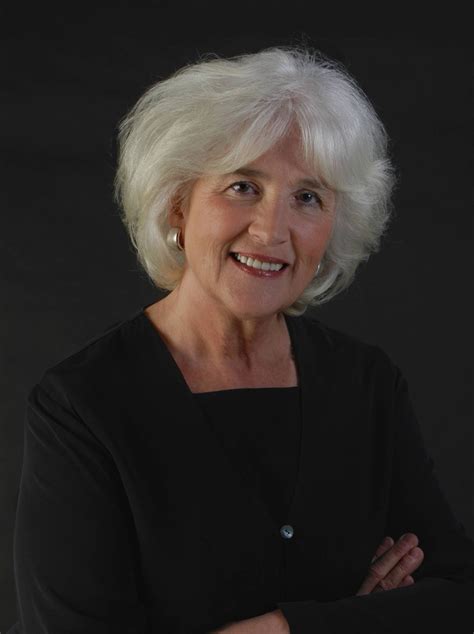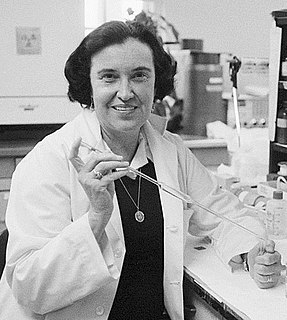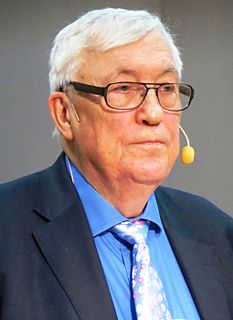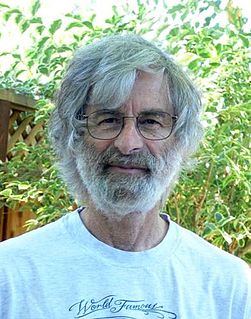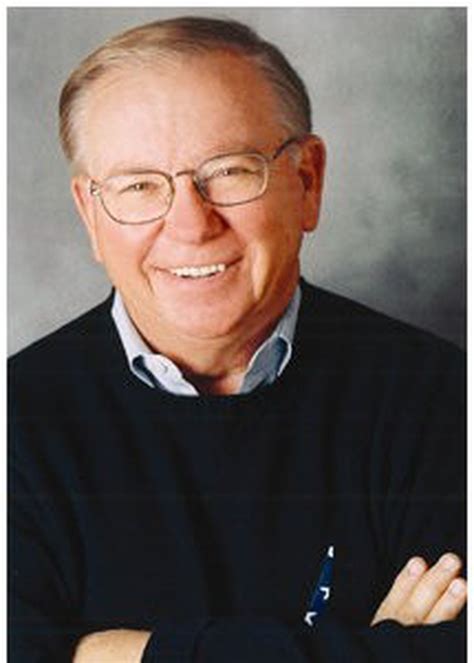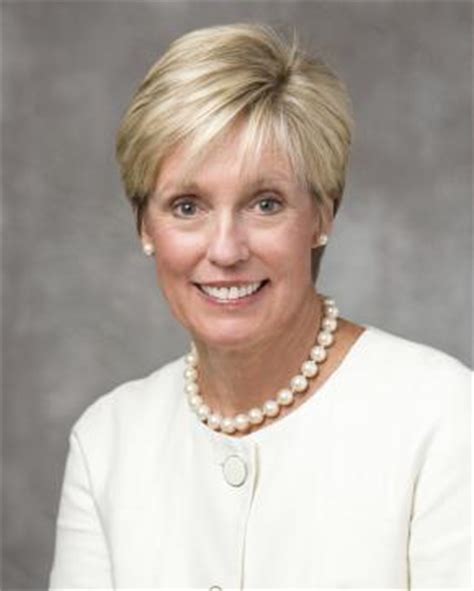A Quote by Barbara Coloroso
I believe that if we are to survive as a planet, we must teach this next generation to handle their own conflicts assertively andnonviolently. If in their early years our children learn to listen to all sides of the story, use their heads and then their mouths, and come up with a plan and share, then, when they become our leaders, and some of them will, they will have the tools to handle global problems and conflict.
Quote Topics
Related Quotes
If we are to have faith that mankind will survive and thrive on the face of the earth, we must believe that each succeeding generation will be wiser than its progenitors. We transmit to you, the next generation, the total sum of our knowledge. Yours is the responsibility to use it, add to it, and transmit it to your children.
I believe we have these capabilities. It doesn't mean that we will use them. Our future is not assured here. It's not clear that we will survive our own folly, but we have a rare opportunity to do that if we listen and see the messages that nature is showing at us right now, that the finiteness of our own resources and our own planet are showing us right now.
Throughout my life, I have been fascinated by predictability and frustrated by our inability to predict. I don't believe it makes sense for our generation to believe or pretend that we can solve the problems of the future because do not understand what these problems will be. Just do this thought experiment: Imagine you're in month of May 1914, and try to work out a plan of action for the next 100 years! Hardly anything will make sense.
We must establish all over the country schools of our own to train our own children to become scientists, to become mathematicians. We must realize the need for adult education and for job retraining programs that will emphasize a changing society in which automation plays the key role. We intend to use the tools of education to help raise our people to an unprecedented level of excellence and self respect through their own efforts.
There is a race between the increasing complexity of the systems we build and our ability to develop intellectual tools for understanding their complexity. If the race is won by our tools, then systems will eventually become easier to use and more reliable. If not, they will continue to become harder to use and less reliable for all but a relatively small set of common tasks. Given how hard thinking is, if those intellectual tools are to succeed, they will have to substitute calculation for thought.
What then are we to do about our problems? We must learn to live with them until such time as God delivers us from them...we must pray for grace to endure them without murmuring. Problems patiently endured will work for our spiritual perfecting. They harm us only when we resist them or endure them unwillingly.
If economic catastrophe does come, will it be a time that draws Christians together to share every resource we have, or will it drive us apart to hide in our own basements or mountain retreats, guarding at gunpoint our private stores from others? If we faithfully use our assets for his kingdom now, rather than hoarding them, can't we trust our faithful God to provide for us then?
I would like to believe this is a story I’m telling. I need to believe it. I must believe it. Those who can believe that such stories are only stories have a better chance. If it’s a story I’m telling, then I have control over the ending. Then there will be an ending, to the story, and real life will come after it. I can pick up where I left off.
The world will teach our children if we do not, and children are capable of learning all the world will teach them at a very young age. What we want them to know five years from now needs to be part of our conversation with them today. Teach them in every circumstance; let every dilemma, every consequence, every trial that they may face provide an opportunity to teach them how to hold on to gospel truths.
